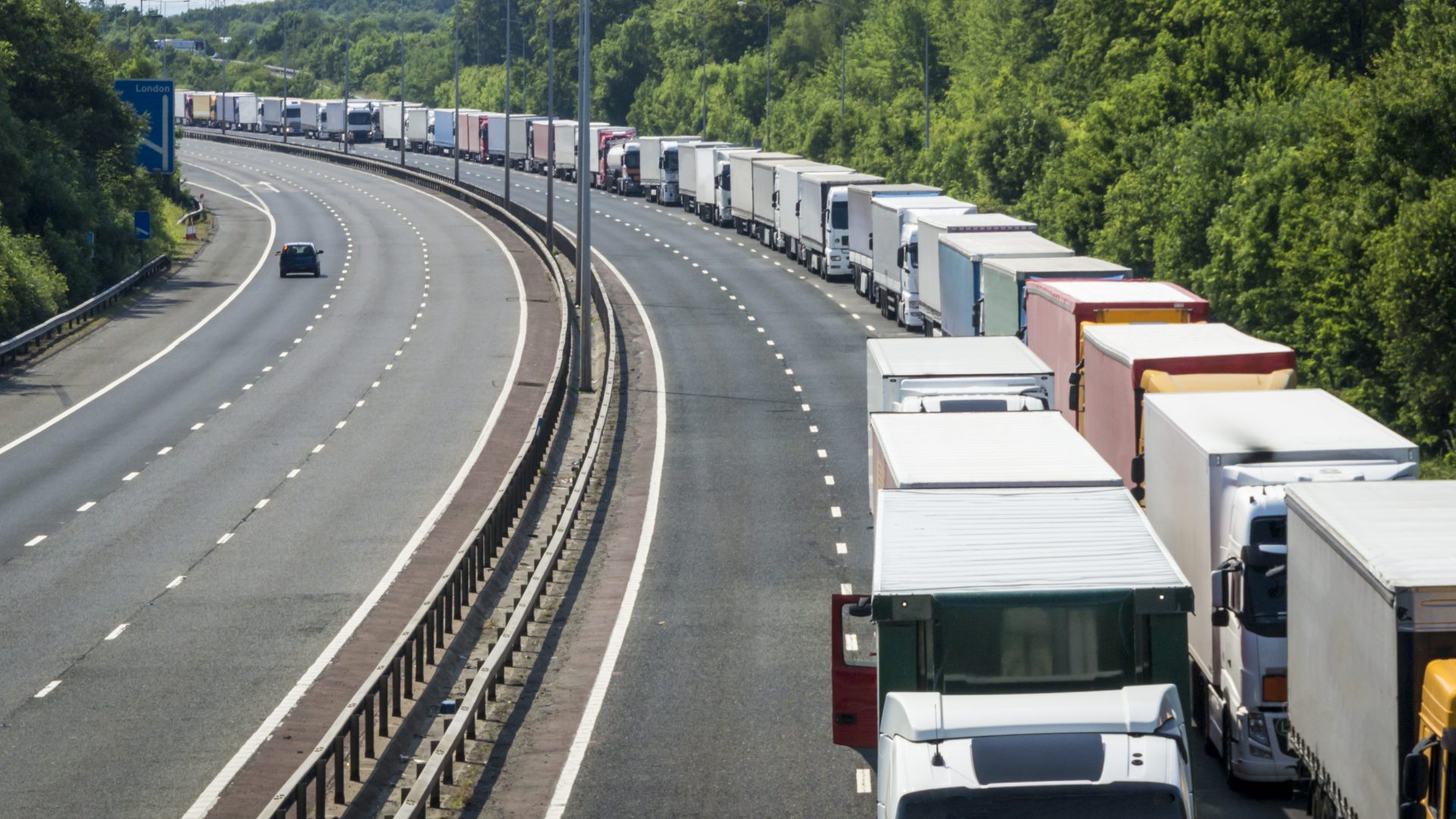
Brexit
Withdrawal of the UK – fuelling or minimising economic downturn
While European economies are still struggling with the pandemic, the UK’s actual exit from the European Union (EU) on 1 January 2021 could trigger further disruption.
Time is running out, and negotiations are stumbling on several political hurdles.
Time is running out
Brexit today seems unlikely to happen in an orderly fashion. A trade agreement between the EU and the UK must be found by the end of October at the latest to ensure sufficient time for ratification and translation. The EU’s chief negotiator, Michel Barnier, has been repeatedly stressed this hard deadline. Besides, for industry and business, eight weeks to prepare for the new trade regime will not be too much.
A “no-deal” scenario would be detrimental to both the EU27 and the UK. Yet, there is more at stake in the UK.
Stumbling blocks
In the negotiation, stumbling blocks revolve around fisheries and the level playing field related to competition policy. The EU seeks to ensure access to UK fishing grounds and imposition of quotas in a similar fashion as during the UK’s EU membership. At the same time, the UK intends to avoid restrictions on the extent of state aid provided to UK companies, giving them a competitive advantage. The possibility of losing access to the UK fishing grounds has already sparked outrage among French and Belgian fishers. Germany is risking a fall in cars exports to the British market. As the largest importer of German vehicles in Europe, the UK imports up to one million units per year.
Since the end of the summer, another political issue has arisen. In September 2020, the UK government published an Internal Market Bill, which establishes a joint market across England, Scotland, Wales and Northern Ireland. Implementing this new legislation would constitute a breach of the Protocol on Northern Ireland. The latter forms part of the 2020 Withdrawal Agreement signed by Boris Johnson, the UK Prime Minister, and his EU counterparts. Yet, any agreement between the UK and the EU would supersede the Internal Market Bill, which would thus not take any effect.
Making Brexit a success seems aloof today.
Will the trade risks lead to concessions?
The economic downturn in recent months has shed some light on the likely consequences of “no-deal” Brexit. The volume of trade between the two blocs could be dampened as a result of the introduction of border checks causing long waiting times for trucks. Brexit could thus herald the end of just-in-time manufacturing that relies on frictionless supply chains across national boundaries.
Furthermore, WTO tariffs will apply to export goods, such a 10% levy on the price of cars. Higher prices could lead to a fall in demand for machinery and vehicles, the UK’s top export products. In its 2018 assessment, Westminster had already concluded that “the impact on the UK automotive sector in a no-deal scenario would be far greater than that on each of the remaining EU Member States”. In the long run, the UK automotive sector could lose in competitiveness and have to lay off workers. More than 800,000 people in the UK working in the automotive industry rely on the just-in-time flow of car parts. Already in October 2019, every third car manufacturer had laid off or relocated employees formerly working in the UK.
Business leaders and some Tory members are putting pressure on 10 Downing Street to minimise the economic cost of Brexit. A “no-deal” scenario would be detrimental to both the EU27 and the UK. Yet, there is more at stake in the UK. The UK Conservatives might be forced to admit that some of the promises made during and following the 2016 referendum were unachievable and misleading.
A possible compromise could see the EU relinquishing its access to British maritime zone and the UK aligning on matters of state aid.
Which concessions?
To prevent further damage to European economies, a trade deal for the post-2020 era is more than ever crucial. That’s why many experts believe the end of October deadline is not so hard. Based on sincere intentions, negotiations could carry on for a few weeks to strike an agreement. It was already the case for the Withdrawal Agreement. In the end, a favourable outcome would hinge on one of the negotiating parties making a concession. Will the UK relinquish its ambitious state aid policy and conform to the requirements of EU competition policy? Will the UK revoke the Internal Market Bill because it breaches international law and focus instead on the much-needed agreement with the UK? Today, red lines on both sides seem impossible to bridge.
Today, a possible compromise could see the EU relinquishing its access to British maritime zone and the UK aligning on matters of state aid. This compromise appears as the only trade-off between the negotiating sides for the moment. Anyway, making Brexit a success seems aloof today. Yet, unlike their counterparts in Whitehall, European leaders have not pledged it would be a success. As then President of the Council Donal Tusk had famously said in 2016, there will be not soft Brexit, only hard Brexit is on the table.
